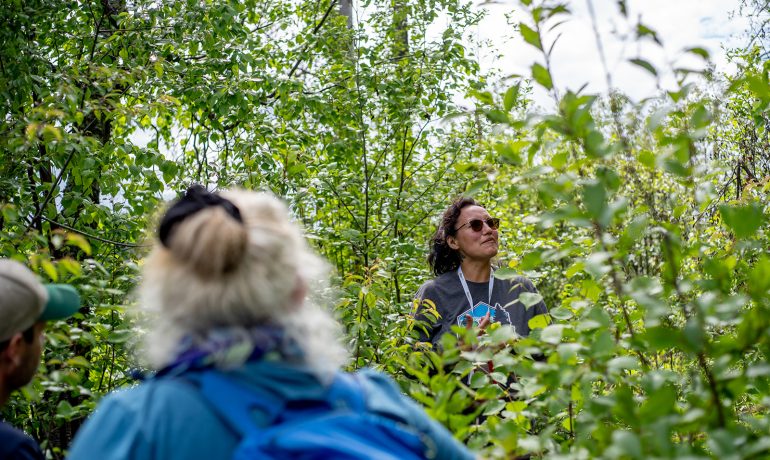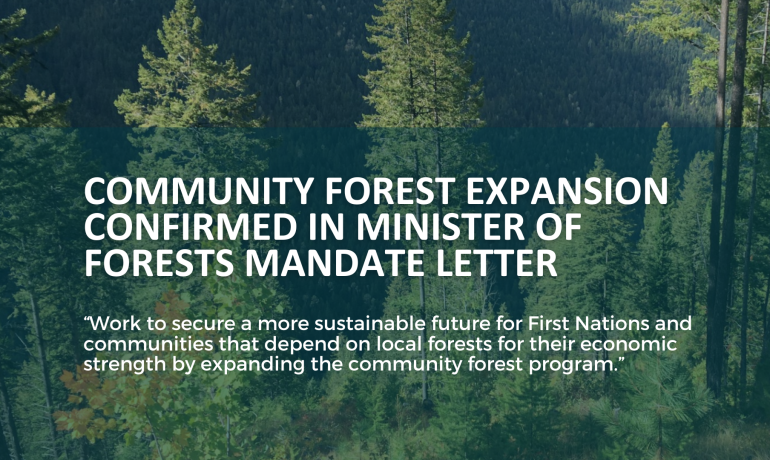“There’s a whole community of vegetation that comes up before the forest actually takes hold. And it’s this community that sort of sets the stage for the next 10, 30, 50 years. And to interrupt that delicate phase with equipment, and skidding trees across it can compromise that process.”
With nearly 1.2 million hectares of forest scorched during this year’s record wildfire season, the province is now turning to what comes next. But one UBC forestry expert says he’s worried about the impacts of plans to clear the land. The Ministry of Forests, Lands and Natural Resources is preparing to issue expedited salvage logging permits to forestry companies and First Nations for B.C.’s burnt out woodlands. That’s a process that UBC forestry Prof. David Andison said could save lumber, but at the cost of healthy forests in the future. “Unfortunately it happens at a very delicate time in the stage of the development of the ecosystem. Immediately after a fire you’ve got sort of an opportunity for Mother Nature to reset the clock,” Andison said.
Related Post
As Published in Canadian Forest Industries Magazine, Pulp & Paper Magazine and Canadian Biomass Magazine
Jennifer Gunter’s Op Ed, “Community Forests: Rooted in Community,
Minister of Forests Mandated to Expand BC’s Community Forest Program
In the recently released mandate letter to the Minister



